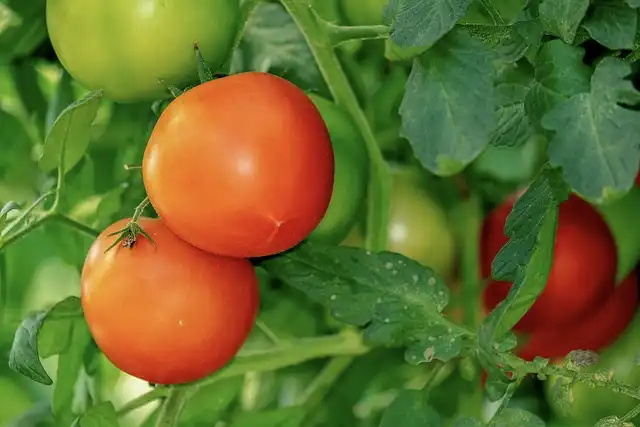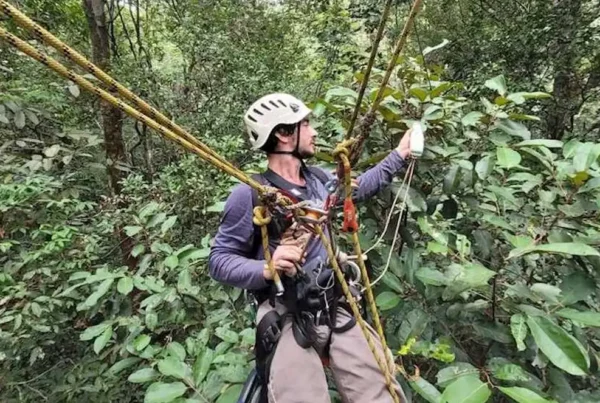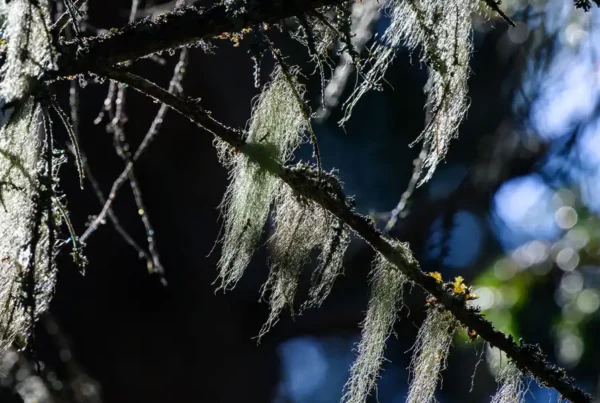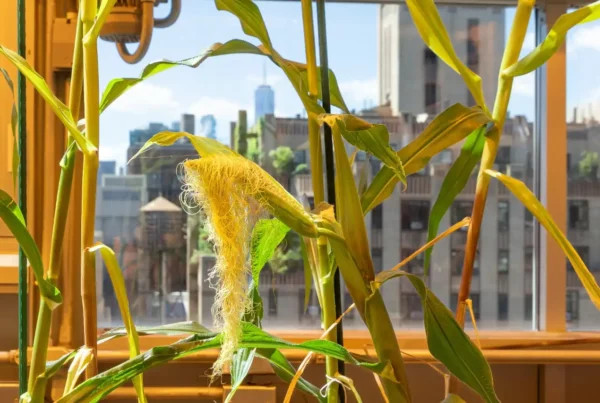Generating haploid plants for the purpose of obtaining pure double haploid (DH) lines is widely recognized as one of the most efficient breeding strategies in modern agriculture. Watermelon (Citrullus lanatus), an important fruit crop known for its nutritional value and flavor, has undergone long-term artificial selection resulting in genetic narrowing. Therefore, there is an urgent need for a haploid induction system to enhance traditional breeding methods and facilitate the development of valuable pure DH lines.
In March 2023, the Plant Biotechnology Journal published “Production of double haploid watermelon via maternal haploid induction” by Xu Yong’s team from the Beijing Academy of Agricultural and Forestry Sciences. This report showcased the successful production of DH plants through an in vivo (seed-based) haploid induction system, a pioneering achievement in cucurbit crop breeding. It introduces a new avenue for implementing the haploid breeding system within the Cucurbitaceae family.
Coincidentally, in April 2023, the journal Horticulture Research also published a paper titled “Creation of a watermelon haploid inducer line via ClDMP3-mediated single fertilization of the central cell” by Yuan Li‘s team at the College of Horticulture, Northwest A&F University.
Previous studies have demonstrated that irradiation of pollen grains can induce haploids in cucurbit crops, likely due to its preferential fertilization of the central cell over the egg cell. It is known that disruption of the DMP gene can cause single fertilization of the central cell, leading to the development of haploid plants.
This new study in Horticulture Research provides a detailed method for creating a watermelon haploid inducer line through ClDMP3 mutation. The cldmp3 mutant successfully induced haploid plants in multiple watermelon genotypes at rates reaching up to 1.12%. These haploid plants were confirmed through the use of fluorescent markers, flow cytometry, molecular markers, and immuno-staining. The creation of this haploid inducer line holds immense potential for significantly advancing watermelon breeding in the future.
Read the paper: Plant Biotechnology Journal and Horticulture Research
Article source: NanJing Agricultural University








